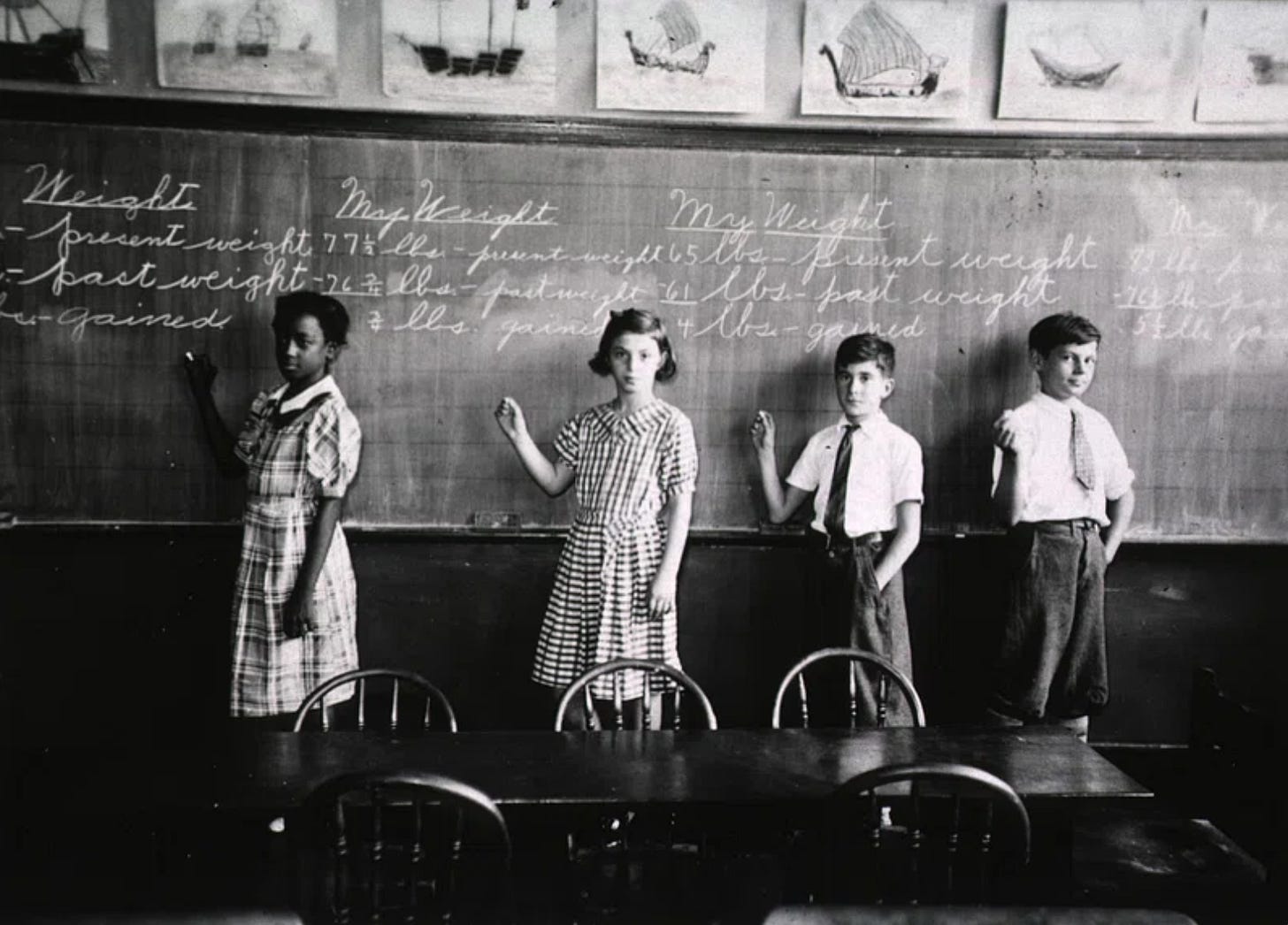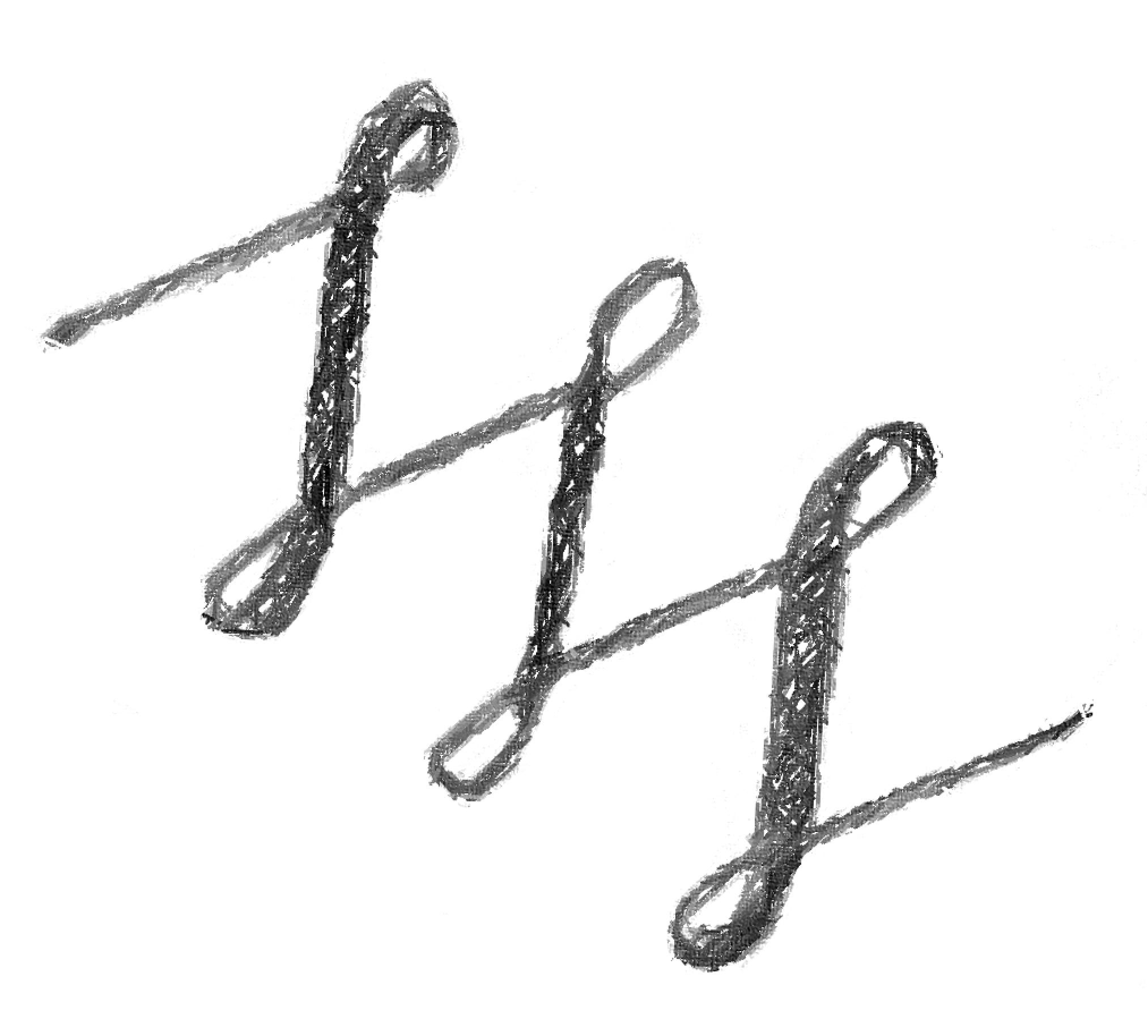Hi all,
Thank you for joining me for today’s song, “Black and White”, by Three Dog Night. If you’d like to hear the song before you read about it, I’ve included a YouTube video below the article.
Below, you’ll find my interpretation of the lyrics which are written in italics. Comments and questions are welcome. For Japanese students, vocabulary words in bold are provided in Japanese below. TOEFL (PBT) 450+, Eiken 2, CEFR B1.
(456 words)
Black and White is a song with an interesting history that started before the famous version by the band Three Dog Night. It was first written in 1954 by David Arkin and Earl Robinson. The song was inspired by an important decision from the U.S. Supreme Court that said children of all races should go to the same schools. The lyrics talk about everyone getting along and being equal.
The first person to sing Black and White was Pete Seeger in 1956. Many other singers also sang the song in their own way, but Three Dog Night's version in 1972 became the most famous.

When I was doing research on the song, I found this information on Wikipedia (adapted):
The original lyrics of the song opened with this verse, which refers to the nine judges of the Supreme Court:
Their robes were black, their heads were white,
The schoolhouse doors were closed so tight,
Nine judges all set down their names,
To end the years and years of shame.However, the versions of the song recorded by Three Dog Night did not include this verse, making the song more universal and less historically specific.
Three Dog Night's version of "Black and White" had a happy and energetic sound. The song's message was about people coming together and acting in a positive way. This was important during a time of significant changes in the United States.
The ink is black / The page is white
Together we learn to read and write
A child is black / A child is white
A whole world looks upon the sight
A beautiful sight
And now a child can understand
That this is the law of all the land
All the land
The world is black / The world is white
It turns by day and then by night
A child is black / A child is white
Together they grow to see the light
To see the light
And now at last we plainly see
We'll have a dance of liberty
The world is black…
In the U.S., children usually go to school near where they live. If their parents can afford it, the children might go to a private school. If parents can only afford to live in a certain place, for example, because that’s where they can find work, then that’s where the children will go to school.
All schools are not the same in the U.S. In many areas, called districts, the money for schools is not distributed equally. Some schools receive more money and equipment, better books and more well-trained teachers than other districts do.
This song sends a message about equality and unity for everyone. In 2024, we are still trying to achieve this in the U.S., especially in education.
Question:
In your country, do children usually go to schools near where they live?
Vocabulary
be inspired by インスピレーションを受ける
U.S. Supreme Court 米国最高裁判所
judge 裁判官
universal 普遍的
specific 特定の
energetic 精力的な
significant 重要な
district 地区
distribute 配布する
well-trained よく訓練された
unity 団結
Source:
Wikimedia Foundation. (2024, April 24). Black and white (Pete Seeger song). https://en.wikipedia.org/wiki/Black_and_White_(Pete_Seeger_song) . Accessed 11 July 2024.








It’s hard to believe racial or social inequality still exist in this advanced age of understanding and information at our fingertips… sadly though we know it does.
Here in France, Private schools in the literal sense I believe are less common than in many other European countries, so most children attend a local establishment. But in the lesser populated areas, once they have passed primary level they will travel further afield to a college, (secondary education) which ends when they are fifteen. Then on to a lycée which often is too far to drive on a daily basis so they board. I believe this growing together of children at a younger age helps greatly (unless family beliefs are indoctrinated, which they can be) in the acceptance of all colour and creed. Maybe I’m wrong though Louise.!
I don't always comment, Louise, but I always enjoy the songs, so many of which were a part of my history and now remembered thanks to you. Especially could relate to this one. For all the problems we still have with racism, we also have a history of social and political change. That is so precious. Thanks again for doing this project.